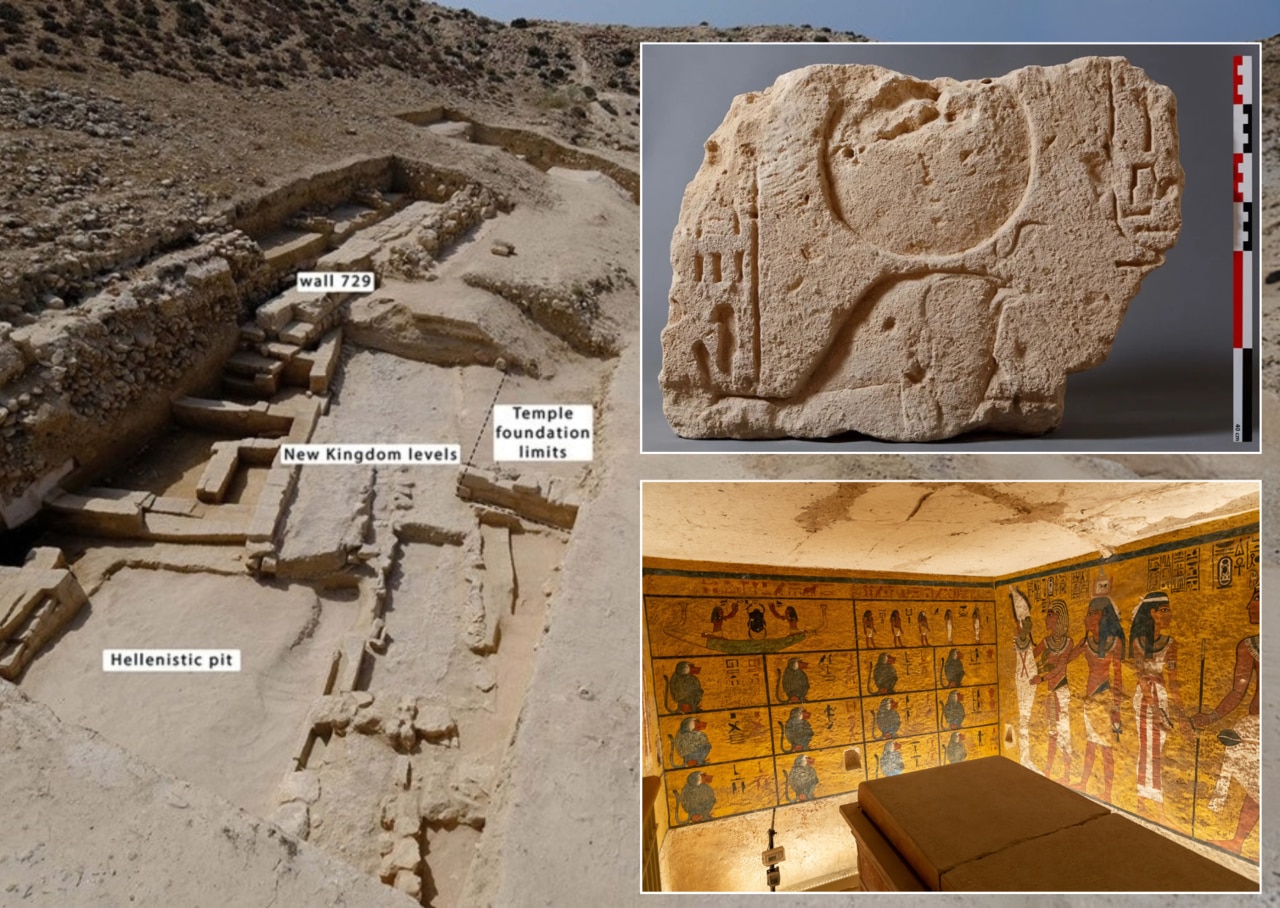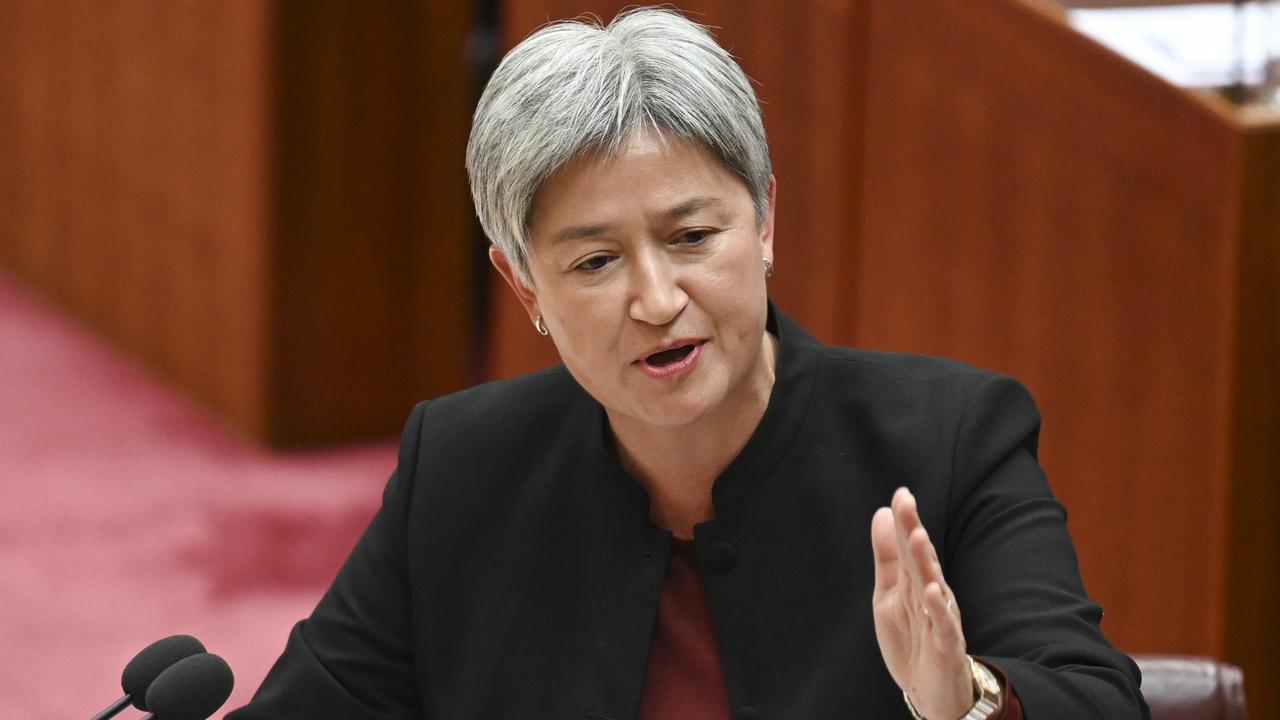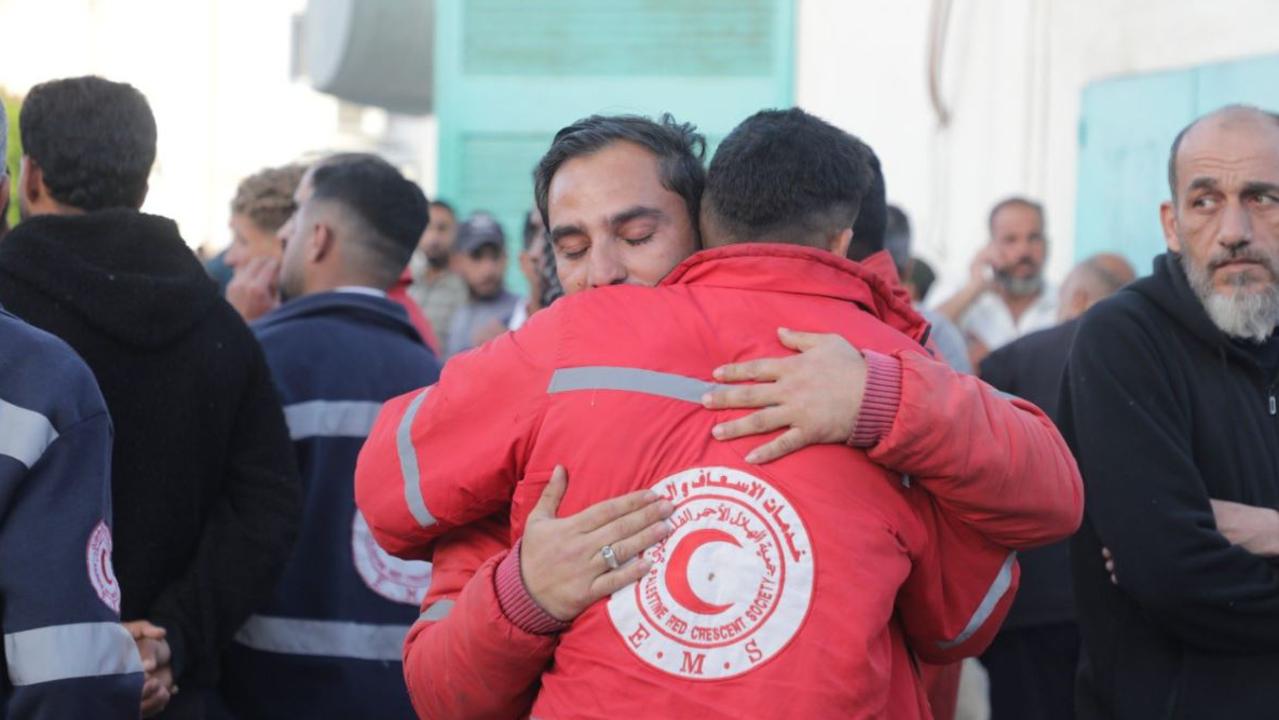Inside Evin Prison, the Iranian jail where three Australians are being held
A former prisoner has described the terrifying conditions in Iran’s notorious Evin jail as authorities press for the release of three Aussie citizens.

Former prisoners and human rights groups have warned of the squalid and terrifying conditions in Iran’s notorious Evin prison, as Australian authorities press Iranian leaders for the release of three Australian citizens.
Globe-trotting couple Mark Firkin and Jolie King were on their way to Britain through Asia when they were reportedly arrested around 10 weeks ago for flying a drone in Iran.
Another British-Australian woman, an academic lecturing at a Melbourne university who studied at Cambridge University, has also been detained in Evin jail. The Times reports she was given a 10-year-sentence.
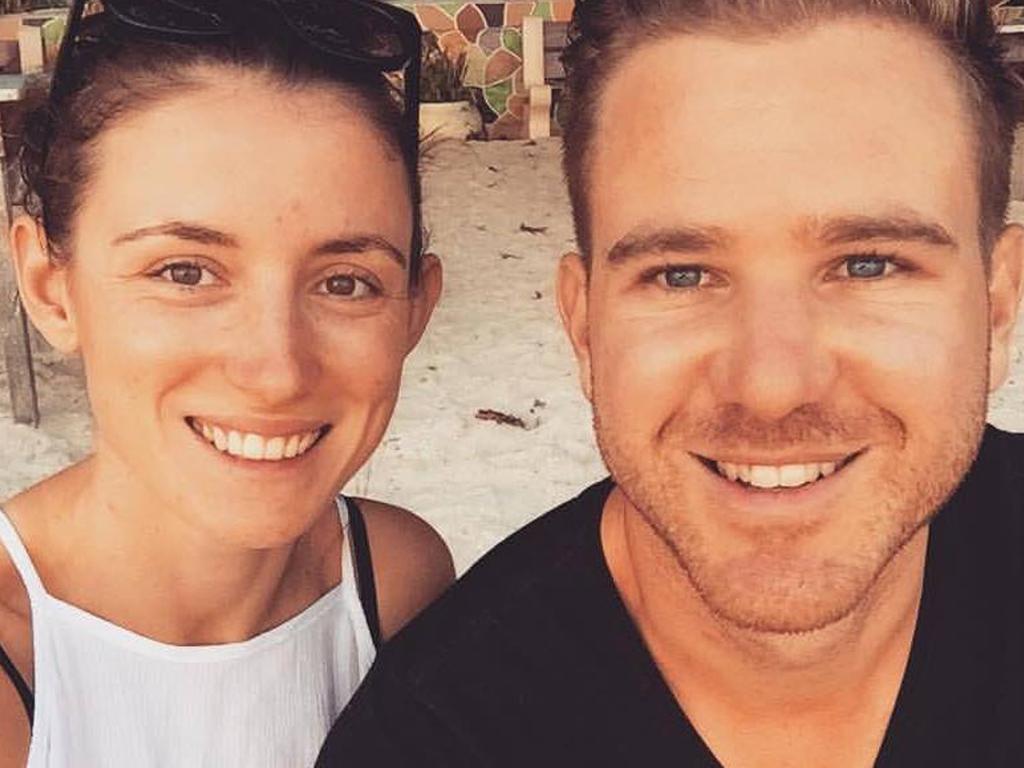
They were taken to Evin prison in Iran’s capital Tehran, a jail notorious for its inhumane treatment and reports of torture.
Amnesty International has lashed Evin on numerous occasions for denying prisoners medical care and proper food. Human rights campaigners in Iran described its limitation on visiting rights as “cruel”.
RELATED: Australians detained in Iran named as Perth couple
The prison, built in 1972 by the former Shah of Iran, was originally built as a political prison.
In the 1980s, thousands of people affiliated with the rebel group, the People’s Mujahidin of Iran, were hanged inside the prison walls. Historians estimate tens of thousands of people were killed there.
In 2006, in an attempt to prove Iran protected human rights “more than any Western country”, Iran let international media inside and allowed photos to be broadcast around the world, following allegations it was violating human rights.
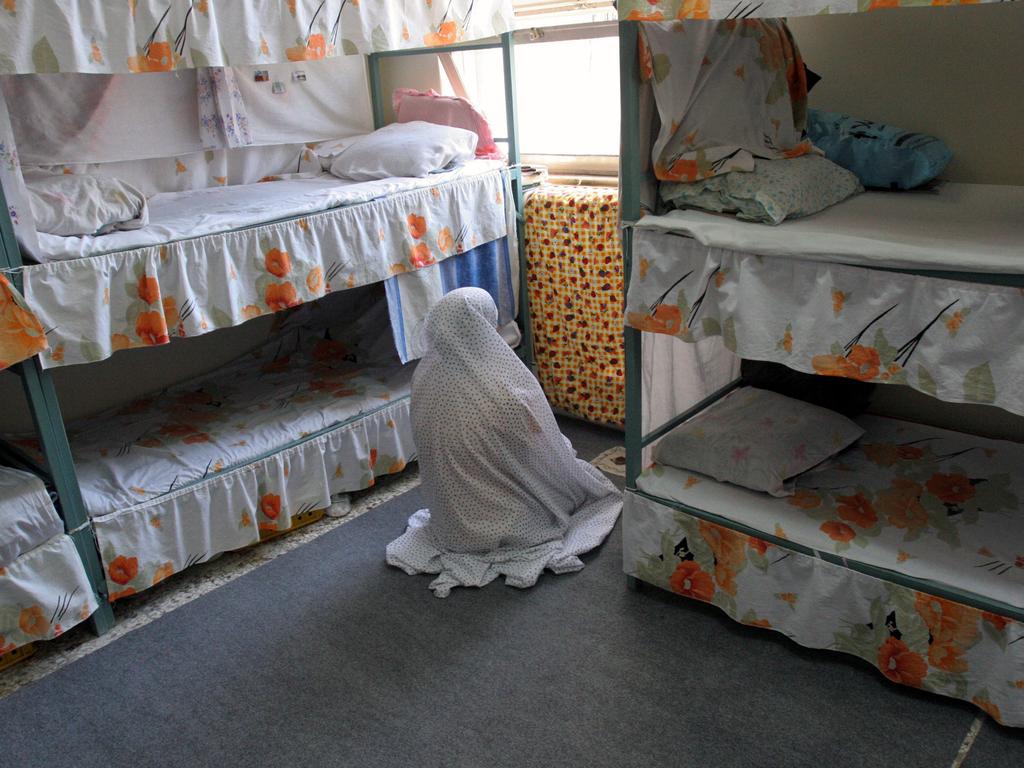
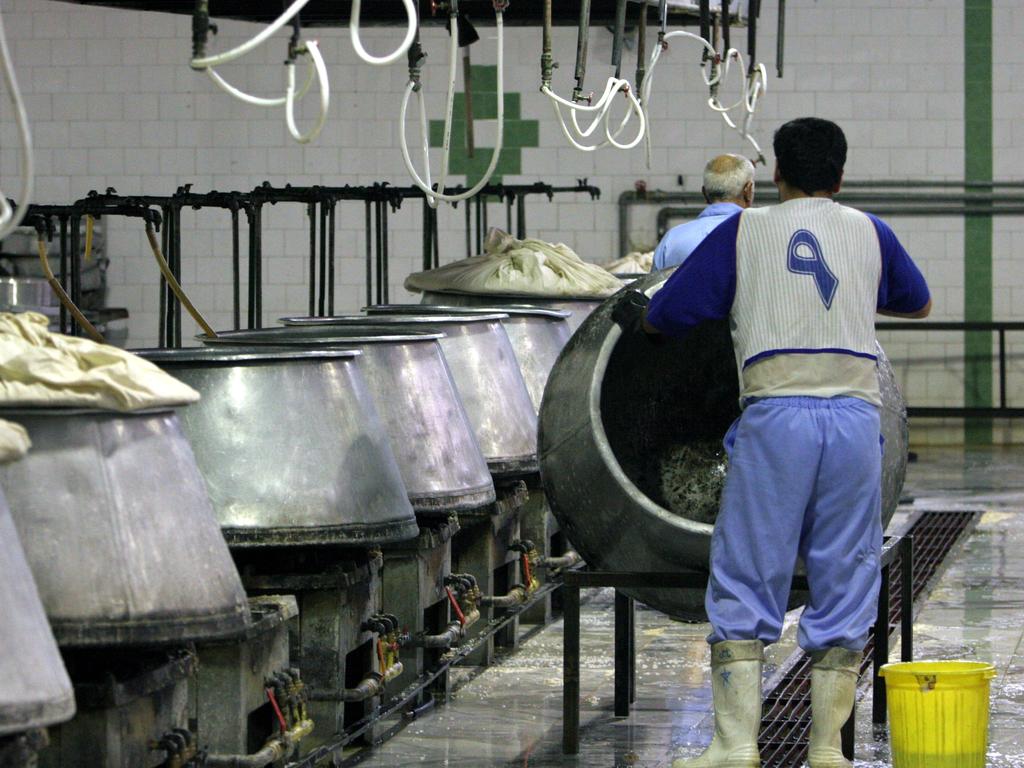
In December 2017, an Evin prisoner told of her horrific experience in the Tehran jail, describing it as being “stuck in a black hole of evil”.
Speaking to Sky News, Marina Nemat said she was arrested in 1982 at the age of 16.
Ms Nemat was blindfolded and walked into the prison, admitting to everything she was asked in interrogation, including writing articles against the government.
When her wrists easily slipped out of the only available handcuffs, they forced both of them into one cuff, cracking her wrist as they clicked the metal together.
“They tied me to the bare wooden bed. I was lying down on my stomach. They lashed the soles of my feet with a length of cable that looked like a garden hose but was not hollow,” Ms Nemat recalled.
“This is the most common method of torture in the Middle East. Why? Because our nerve ends are in our feet.”
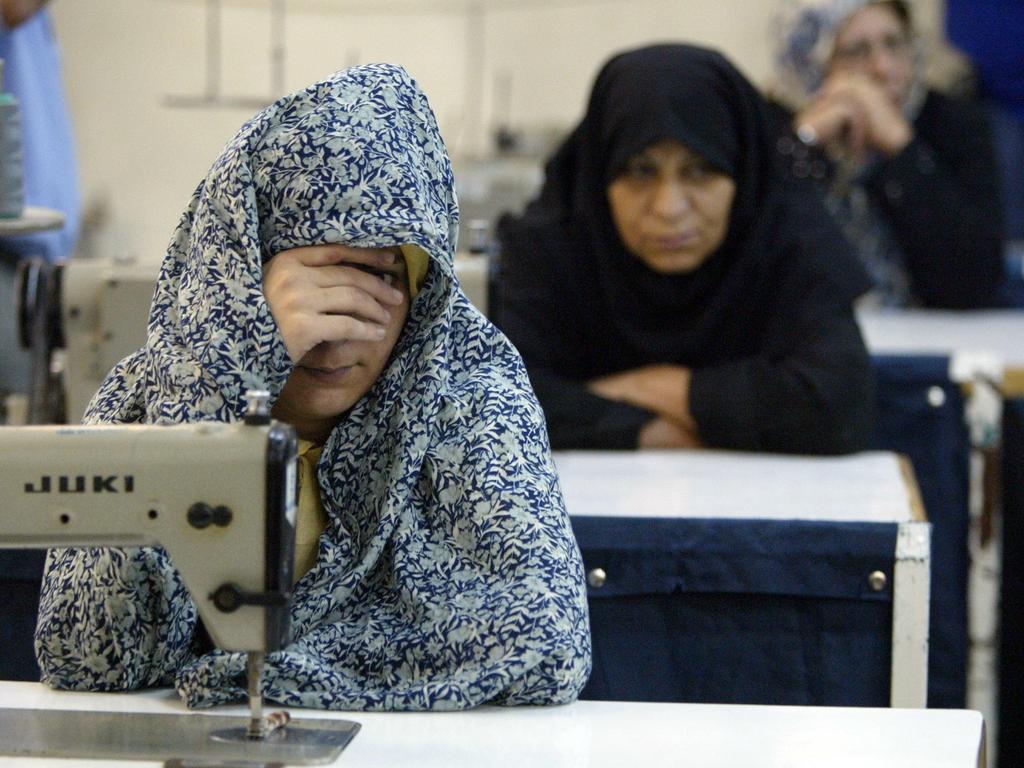
Ms Nemat was eventually released in March 1984, more than two years after her arrest.
She had been raped and tortured in her time there, forced to marry a guard and convert to Christianity.
“People ask me how and why I survived,” she said.
“When I was stuck in a black hole of evil made by men, I needed to remember that even though it seemed that the world had forgotten my friends and me, there were still people out there who cared about us.”
Ms Nemat escaped to Canada in 1991.
British-Iranian woman Nazanin Zaghari-Ratcliffe, 40, has also been detained in Iran since 2016 and held in Evin jail, where she went on a 15-day hunger strike over her treatment. The former journalist was visiting the country with her daughter when she was arrested and charged with spying. She has denied all charges but was given a five-year sentence.
Earlier this year, she was transferred to a mental health ward in Iman Khomeini hospital in Tehran which she described as “proper torture”. Her husband Richard Ratcliffe, has campaigned for her release and said she was kept in solitary confinement and chained to her bed.
The Centre for Human Rights in Iran has also issued warnings about prisoners being denied medical treatment and kept in overcrowded, unsanitary conditions with infestations of rodents and insects.
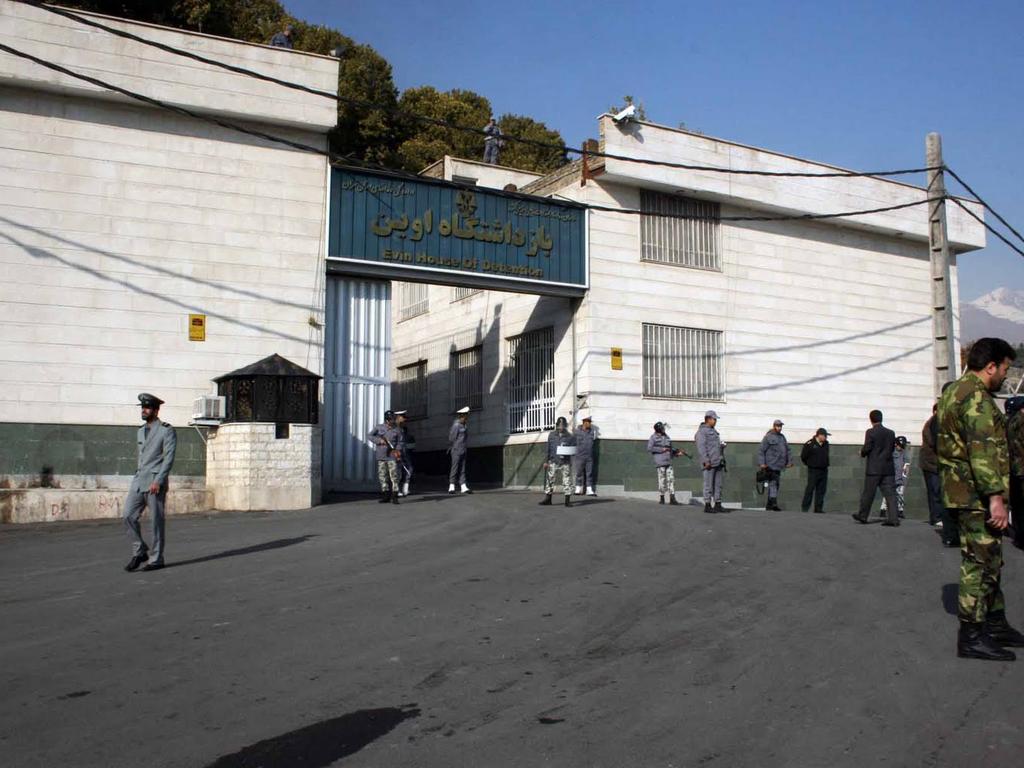
The Australian couple, Mark Firkin and Jolie King, had planned to return to Perth at the start of 2020 after their mammoth globe-crossing trip. They had uploaded 60 video blogs to their YouTube channel The Way Overland before their arrest.
Deakin University Middle East politics professor Shahram Akbarzadeh said the couple were naive to try and capture drone footage in Iran and could be suspected of acting against the regime.
Professor Akbarzadeh said Evin prison was notorious for torture and mistreating inmates.
The pair, he said, were taking footage at secluded sites, which is considered highly suspicious in Iran.
“Iran authorities see a threat in every corner,” Professor Akbarzadeh told AAP.
“What might seem like a very benign and very ordinary thing to do — using a drone for photography because you can get really nice shots — can turn into something very sinister in Iran.”
Professor Akbarzadeh said the couple may be detained indefinitely without being put before the judiciary.
Authorities scouring the footage may conclude it is innocent but others view Australia as an enemy given it is part of a US-led international coalition working to protect oil tankers operating in the Persian Gulf.
“Dealing with Iran is so arbitrary and unpredictable,” he said.
“It is a helpless scenario, unfortunately. Let’s hope there’s nothing suspicious on those videos.”
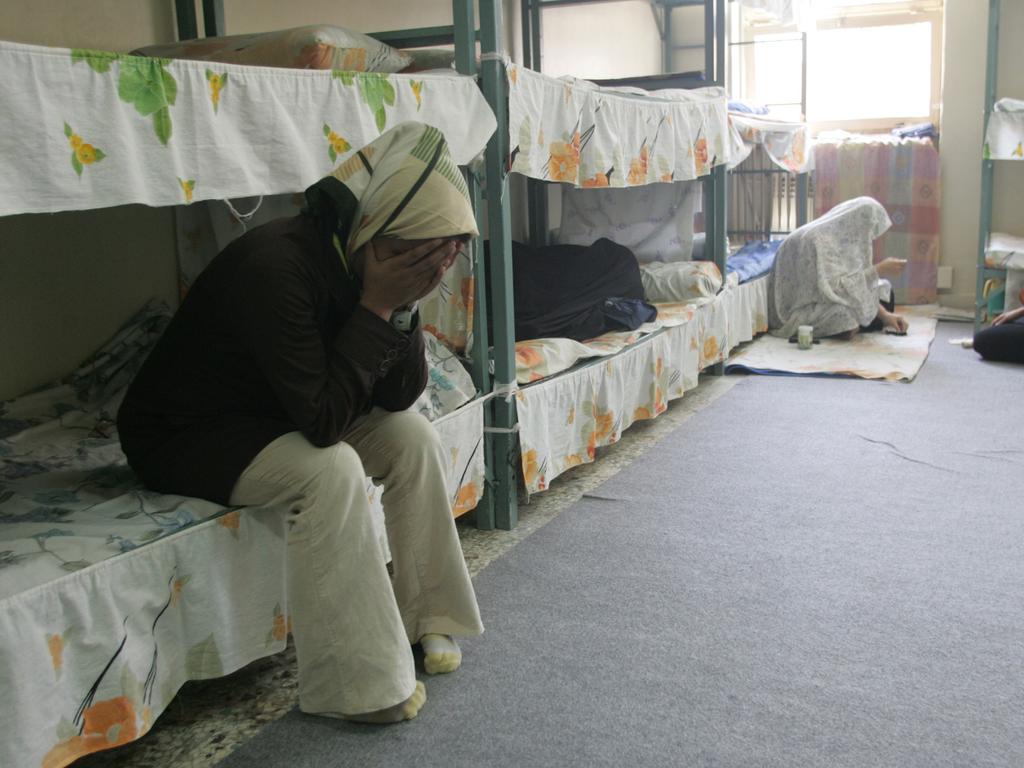
DFAT has advised Australians considering visiting the country to “reconsider your need to travel”. The highest level of “do not travel” applies in some parts of the country.
There is a risk that foreigners, including Australians, could be arbitrarily detained, or arrested. DFAT advises people may be at greater risk if they have a profile that can be seen adversely by Iranian authorities, or if you undertake certain activities which could attract the attention of Iranian authorities.
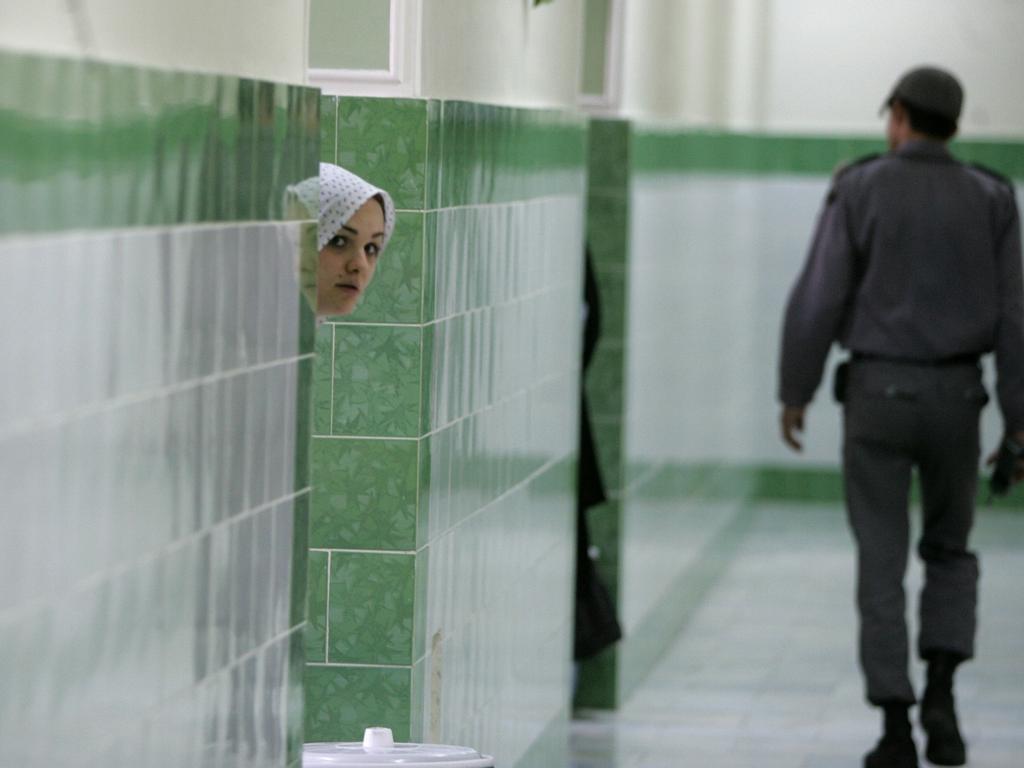
— With AAP


